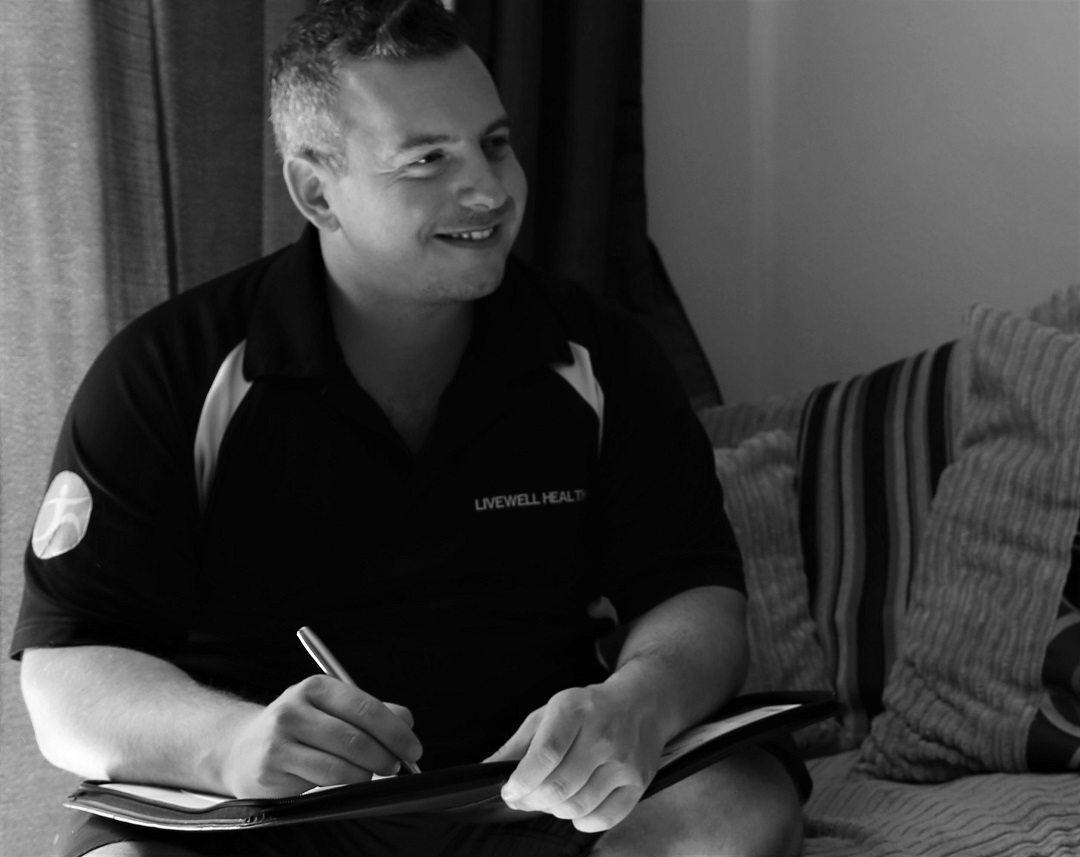How can exercise help with Type 2 Diabetes?
Type 2 diabetes is a condition that affects the level of sugar in the blood, but can easily be managed with the correct medication accompanied with a healthy diet & exercise. A healthy diet is a great way of managing your blood sugar level, as well as aiding in controlling your weight & improving overall mood. Being type 2 diabetic doesn’t restrict what foods you can and can’t eat but limiting certain foods such as sugar, fats & salt can definitely help.
Physical activity helps to lower your blood sugar level by increasing insulin sensitivity, allowing your muscles to use the glucose (sugar) in the blood for energy. Furthermore, Sheri Colberg-Ochs, founder of the Diabetes Motion, states that physical activity actually helps to lower blood sugar for up to 72 hours. Overall, the NHS recommends you should be aiming for at least 2.5 hours of activity a week, but activity doesn’t always have to mean exercise, this can be anything that causes you to get out of breath. For example, walking slightly faster than normal, going up & down climbing stairs, or even doing some strenuous housework. However, if you are looking to add more exercise into your daily routine the activities below have been found to be beneficial for people with Type 2 diabetes.
- Cardio – Exercises such as walking, jogging, cycling or swimming are great cardio workouts. If you’re fairly inactive at the moment going out for a little walk each day will have amazing benefits on your body. As well as helping with insulin sensitivity & blood sugar levels doing cardio will also improve lung health & fitness. Meaning over time you will be able to get a little further or even progress a walk into a fast walk or light jog.
- Resistance training – Building muscle mass allows a higher capacity of blood sugar to be stored within the muscle, lowering the amount of sugar in the blood. Therefore helping to manage blood sugar levels while storing energy.
- Balance Training – Sometimes type 2 diabetes can lead to loss of sensation in the feet, known as neuropathy. This condition can lead to trips & falls, so improving your balance can help to prevent this. This doesn’t have to be anything strenuous simply standing on one foot for a certain amount of time can help to improve overall balance.
If you are currently quite inactive please make sure to consult with your healthcare professional before adding any intense exercise into your routine. Also make sure to stay hydrated & to keep check of your blood sugar levels before & after exercise.
You can also contact our team to schedule a nutrition consultation with our qualified staff and maybe even discuss some exercise and training with our personal trainers! Contact us for more information and make a booking here.


